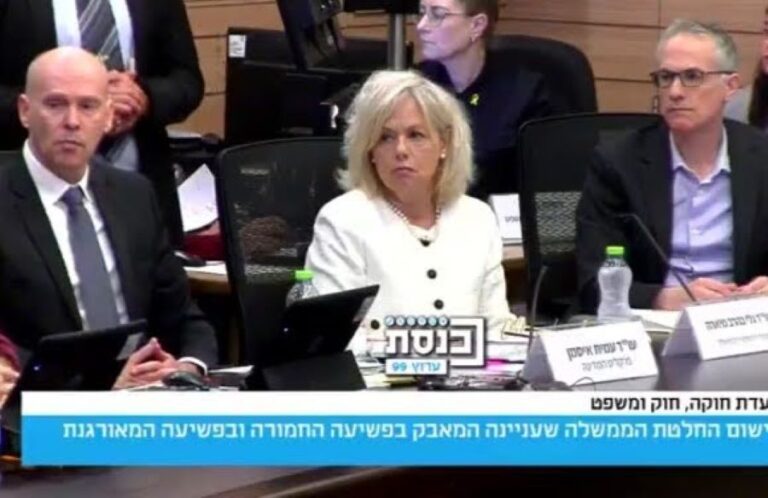 BlackBerry smartphone maker Research in Motion Ltd. (RIM) said it is assisting London police investigating claims the company’s messaging service was being used by rioters to plan disturbances.
BlackBerry smartphone maker Research in Motion Ltd. (RIM) said it is assisting London police investigating claims the company’s messaging service was being used by rioters to plan disturbances.
After a third night of violence and looting, police will also review the role of messages sent using other popular networking systems, including Twitter Inc.
“It is clear that technology is being used, including in demonstrations, to direct people and undermine the police,” deputy assistant commissioner Stephen Kavanagh said yesterday. “It is not for us to moan about this, but to adapt policing style and deal with it.”
Rioters clashed with police last night in Hackney, Newham, Lewisham and Bethnal Green, while a sofa factory was burned in Croydon. Dozens of officers have been injured and at least 450 people arrested in the riots, which began Saturday following a protest over the shooting and killing of Tottenham resident Mark Duggan by police. Officers also dispersed youths at Oxford Circus in London’s main West End shopping district.
Social media have been used to coordinate demonstrations against Middle Eastern regimes, campaign for Saudi women’s right to drive and for lower prices for cottage cheese in Israel. In the U.K., the use of Twitter and mobile phones by troublemakers, may help authorities identify them and restore calm in the capital, Steve O’Connell, a member of the Metropolitan Police Authority, said by telephone yesterday.
“I would expect the Met to use every technology available to get it sorted out, make the arrests, and bring peace back to our neighborhoods,” O’Connell said yesterday. “The bad guys were using these sites to target areas quickly. Small bands of ne’er-do-wells were descending on high-quality stores to loot.”
Research in Motion, based in Waterloo, Ontario, posted a message on its official U.K. Twitter account last night saying, “We feel for those impacted by the riots in London. We have engaged with the authorities to assist in any way we can.”
Twitter spokeswoman Rachel Bremer declined to comment. The San Francisco-based company’s policy is to require a subpoena or court order before giving law enforcement private information about users, according to guidelines on its website.










